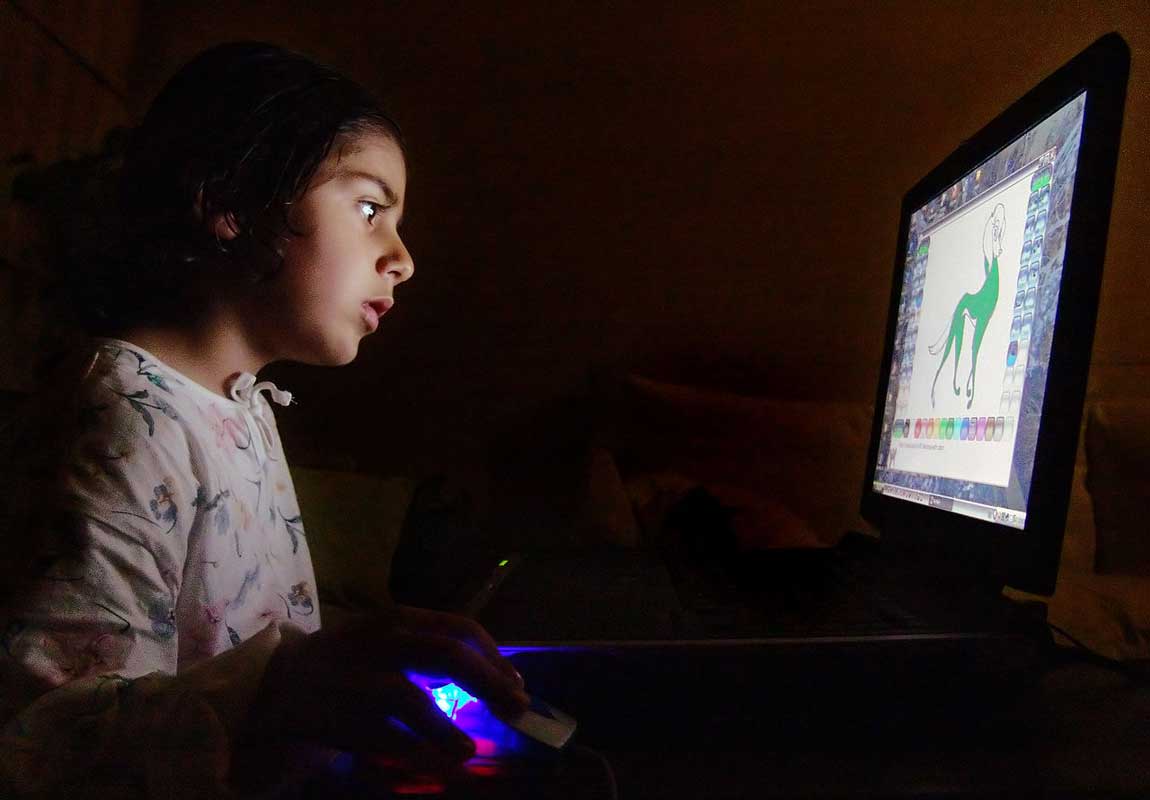Dec 28 2016.
views 2544From T.Vs and computers to tabs and IPADS, a child's world today revolves around being fixated on a screen.
With the holidays in full swing, most parents opt to hand over their electronic devices to their children to keep them entertained. When you actually look at the amount of time spent watching T.V or playing computer games, children's movement from screen to screen can take up a great part of their day.

As Ms Kahandaliyanage, Consultant Education and Behaviour Therapist observes,
“Screens are everywhere. As a result, controlling a child's screen time has become much harder for parents. To complicate matters, some screen time can be educational for children as well as support their social development.”
From an expert’s point of view Ms. Kahandaliyanage confirms though that the problems with unlimited screen time are plenty and have been linked to the following:
1. Obesity
2. Irregular sleep schedules and shorter duration of sleep
3. Behavioral problems
4. Loss of social skills
5. Violence
6. Less time for play
One cannot escape screen time or deny it to your kids completely. It’s filled with educational programmes and much loved movies; as they progress in their school years, children will need to refer to the internet for research and projects.
The solution, therefore, is to device a ‘media’ plan, which can be implemented depending on your child's age and requirements.
Typically, experts advise that children between the ages of 0 to 2 should get very minimal to literally no screen time since that is the age where the child's mind is moulding and forming and electronic media offers a passive mode without the necessary interactive requirements.
But with our children heading to Big School, they would require screen time and here are some guidelines to implement this successfully, without impeding your child's productivity in any way.
1. Set up family guidelines as to what and how much of media use you prefer your children to partake in. Discuss as a family, implement into action and ensure that it is adhered to.
2. Place consistent limits on hours or type of media that can be used per day.
3. Make sure that children at least do one hour of daily physical activity and get 8 to 12 hours of sleep, depending on age.
4. Children should not have complete control over TVs, computers and smart phones, which means they should not have them in their bedrooms. As the parent, you should have the ability to restrict and provide these devices as per your media plan.
5. Implement media free times or rooms. For example, no electronics during meals, no electronics to be used in the study room when it is homework time and so forth.
6. Have ongoing conversations with the child about online safety, whether it’s about cyberbullying, solicitations or compromising their privacy. Children unknowingly might post pictures or videos of family or self. Guidelines should be set and they should be educated on protecting their privacy.
Ms. Kahandaliyanage finally advises,
“It's crucial to monitor the shows your child is watching and the games or apps he or she is playing with. Make sure they are age appropriate. Avoid fast-paced programming, which young children have a hard time understanding, apps with a lot of distracting content, and violence. They have trouble telling the difference between fiction and factual information.”
Expert Adviser
Malathi Kahandaliyanage - Consultant Education and Behavior Therapist

Written by Mayuri Jayasinghe based on an interview with Malathi Kahandaliyanage, Consultation Education and Behaviour Therapist
0 Comments